২১ ফাল্গুন ১৪৩২
India halts key transit route, Bangladesh garment exports face major setback
12 April 2025 19:04 PM
NEWS DESK
From January 2024 to March 2025—a span of 15 months—Bangladesh exported garments worth around Tk5,640 crore (approximately USD 462 million) to 36 countries using Indian road transit. On average, this amounts to Tk376 crore worth of exports per month.
From January 2024 to March 2025—a span of 15 months—Bangladesh exported garments worth around Tk5,640 crore (approximately USD 462 million) to 36 countries using Indian road transit. On average, this amounts to Tk376 crore worth of exports per month.
The products were transported by trucks through India’s West Bengal to various ports and airports en route to third countries. However, India has recently and suddenly revoked this transshipment facility, casting uncertainty over this export channel. According to industry insiders, using Kolkata Airport saved 50 cents to 1 USD per kilogram compared to Dhaka, while also avoiding congestion at Shahjalal International Airport. The removal of this option has now added pressure to the apparel export sector.
Revocation of transshipment: Concerns and consequences
India granted the transshipment facility to Bangladesh on June 29, 2020, under its "Ease of Doing Business" initiative. Under this arrangement, goods crossed Indian territory from Benapole-Petrapole and were sent to third countries via Kolkata’s Dumdum Airport or seaports. But on April 9, India’s Central Board of Indirect Taxes and Customs (CBIC) abruptly canceled this facility.
As a result, on the same day, four trucks loaded with garments from three Bangladeshi companies were held at Benapole. These goods were bound for Spain but had to be returned because Indian customs at Petrapole refused entry.
Export statistics
According to the Bangladesh Garment Manufacturers and Exporters Association (BGMEA), from January 2024 to March 2025, Bangladesh exported about 34,909 metric tons of garments through this transshipment method—worth Tk 5,640 crore or USD 462 million.
These figures highlight how Bangladesh used Indian territory via road transit for third-country exports. The goods were transported via land through Benapole and Petrapole to destinations across the globe.
It’s worth noting that since 2018, India had allowed Bangladesh to experimentally use Kolkata Airport via Benapole for third-country exports. According to Benapole Customs data, 624 companies used this facility since 2018, exporting goods worth about USD 980 million. Of these, 606 were from the garment sector.
National Board of Revenue (NBR) and Benapole Customs data show that last year, 44,000 tons of goods were exported via Kolkata Airport. This volume will now shift to Dhaka’s Shahjalal Airport, which would require approximately 730 additional flights. Experts warn this may increase both costs and congestion on Europe and America-bound routes.
Notably, Spain was the top destination for these exports, with most garments shipped via Kolkata Airport. Even on the Monday before India’s decision, 11 shipments were sent to Kolkata. However, from Wednesday onward, exports stopped and some trucks were sent back.
Analysts say Bangladesh must now strengthen Shahjalal Airport and explore alternative international routes to handle the situation.
They believe Bangladesh’s garment sector is now facing a major test. Without an effective alternative route through India, competing in the global market will be difficult. Immediate diplomatic efforts and the search for alternate export routes are crucial.
Dr. Mostafizur Rahman, Distinguished Fellow at the Center for Policy Dialogue (CPD), said that Bangladesh should try to restore the facility through dialogue with India.
In this context, BGMEA Director Mohiuddin Rubel said, “India’s unilateral decision is disappointing. This route was cost-effective and served as a good alternative. Its closure will delay exports and increase costs.”
Former BGMEA President Rubana Haque added, “Stopping transshipment will cause some pressure. However, we are exploring new routes like enhancing connectivity with Mongla and Chattogram ports.”
Dr. Fahmida Khatun, Executive Director at CPD, commented, “Such sudden decisions harm regional trade trust. Bangladesh should invest more in alternative routes and infrastructure.”
Government's response
Despite India’s abrupt withdrawal of the road-based transshipment facility, Commerce Adviser Sheikh Bashir Uddin said this will not cause a major problem. He stated, “We will quickly overcome this challenge with our own capabilities.”
Speaking to reporters at the Secretariat on Thursday (April 10), the Adviser mentioned that stakeholders met on Wednesday to discuss the issue. While not disclosing the next steps, he said, “The challenges are structural and cost-related. We will coordinate and enhance capacity accordingly.”
He said that under the transshipment facility, 40,000–50,000 tons of Bangladeshi goods were exported annually via Indian routes through Delhi and Kolkata to various countries.
When asked whether the government would issue a formal letter regarding India’s decision, he replied that there are no such plans for now.
Types of goods exported via transshipment
Bangladesh mainly exported ready-made garments, including women’s blouses, briefs, panties, skirts, pants, coats, and other clothing items through this transshipment route.
The exports included a wide range of cotton, synthetic textile, and sanitary fiber garments—for men, women, and children—such as tracksuits, soft clothing, and various other ready-made items.
Export destinations
The 36 destination countries for these garment exports included the UAE, Australia, Belgium, Brazil, Canada, Switzerland, Chile, China, Colombia, Germany, Denmark, Spain, France, the UK, Italy, Japan, South Korea, Sri Lanka, Mexico, the Netherlands, Norway, Nepal, the Philippines, Poland, Portugal, Romania, Russia, Sweden, Taiwan, the US, and South Africa.
Transshipment: A new opportunity for exports
India had served as a key transshipment gateway, boosting Bangladesh’s apparel export growth.
India allowed the use of its land for third-country exports via an order issued on June 29, 2020, by the Central Board of Indirect Taxes and Customs (CBIC). This order was rescinded last Tuesday.
Transshipment refers to the process where goods from one country are sent to a second country’s port and then forwarded to their final destination. Through this method, Bangladeshi garments reached international markets faster and at lower costs. This enabled exporters to operate efficiently, adding momentum to the garment sector.
The ability to use Indian ports for swift cargo delivery made Bangladesh more competitive in the global market.




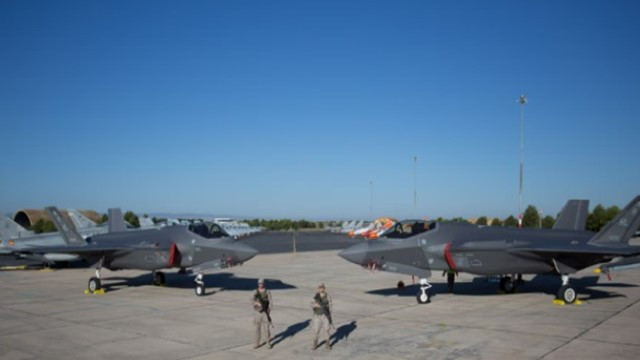



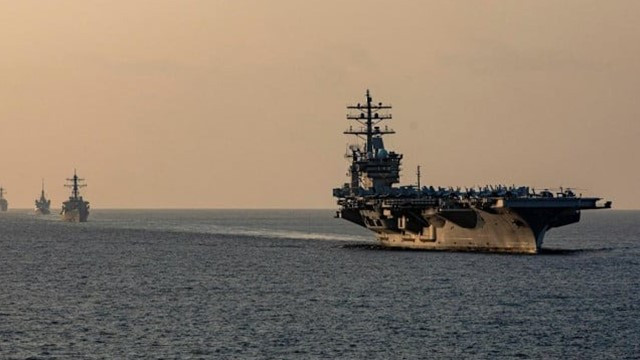
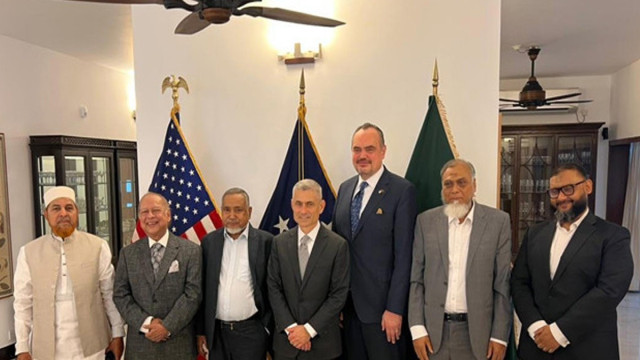

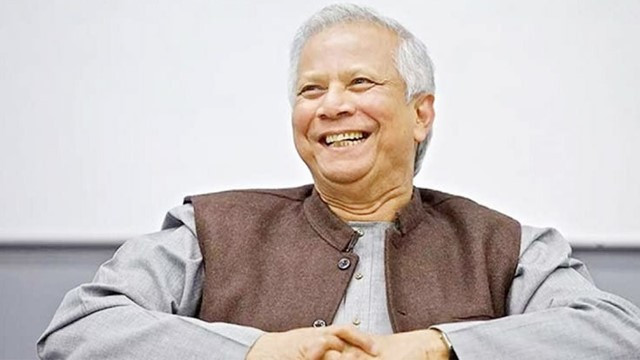
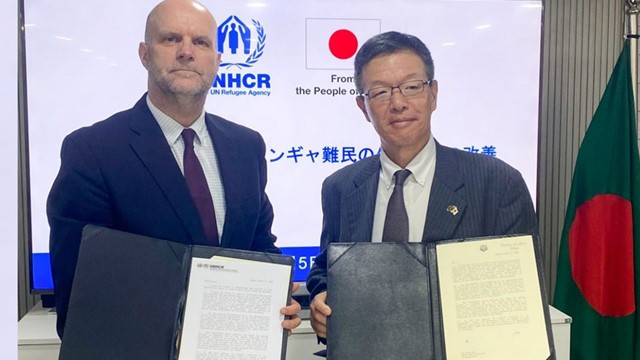

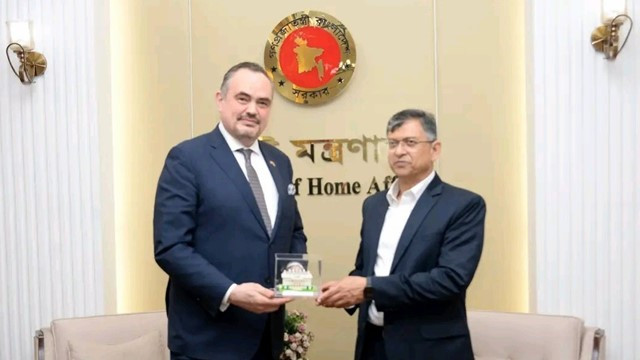
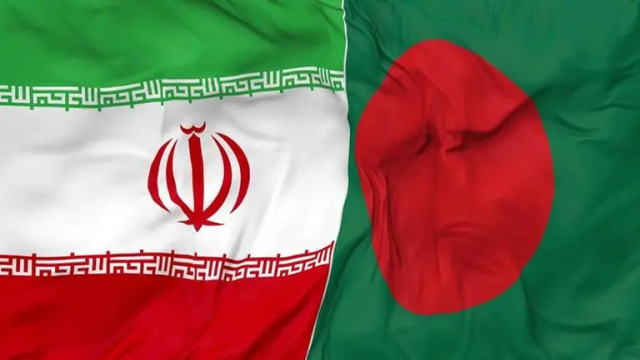
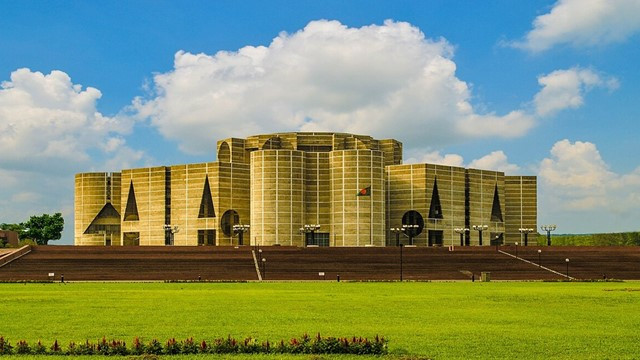
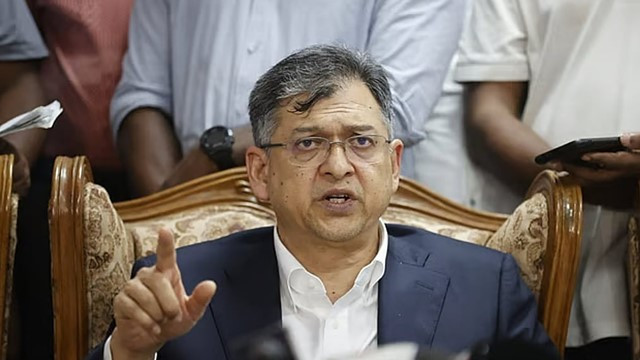

Comments Here: